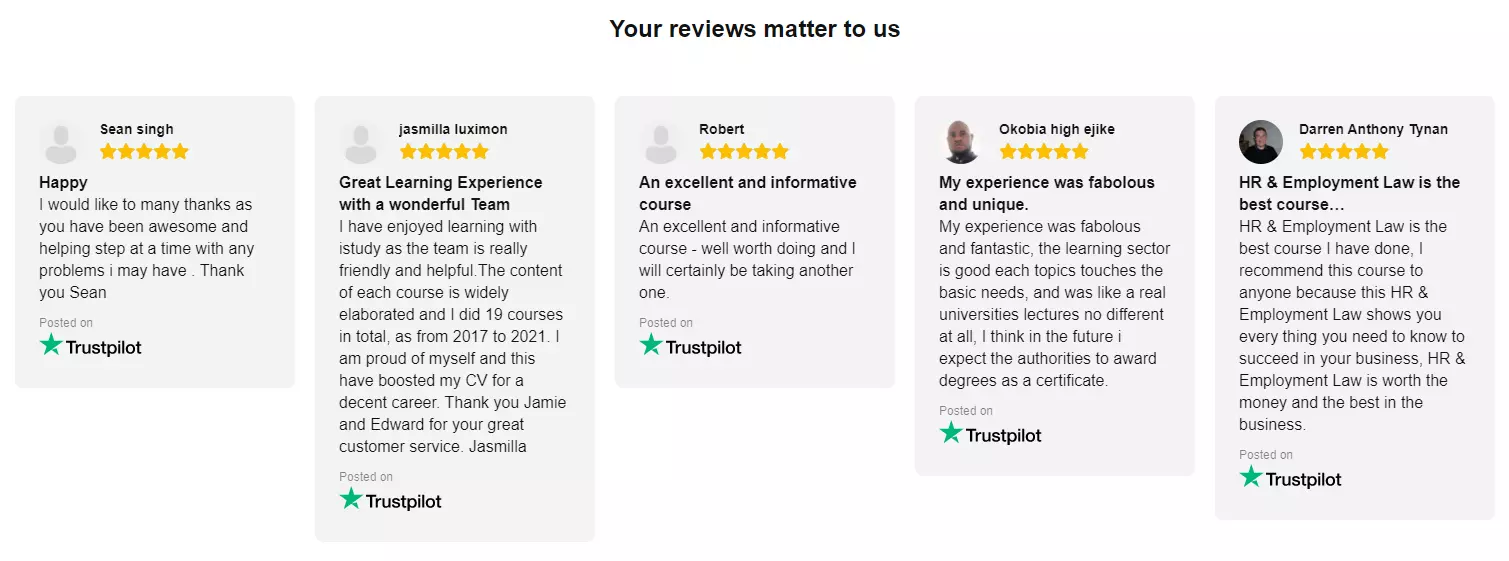The Oracle 11g PL/SQL Part 1 course will focus on giving you the best knowledge of coding and designing PL/SQL and SQL scripts.
Initially, you’ll learn how to start programming in Oracle PL/SQL. You’ll understand the history of PL/SQL, installing Oracle Express Edition, connecting to Database, Relational Database, Oracle SQL in an easy-to-grasp method. This course includes mostly practical examples with explanations which makes it more valuable.
Upon successful completion of this course, you can have the pleasure to code in PL/SQL which further help to boost your career.
From beginners to expert learner can benefit from this course. So enrol today and see what else is in the Oracle 11g PL/SQL Part 1 course.
What Will I Learn?
- Prepare your environment
- Work with Oracle database tools
- Understand and work with language features
- Work with the DECLARE clause
- Work with the BEGIN clause
- Work with the EXCEPTION clause
- Use explicit cursors
- Understand and use nested blocks
- Understand the difference between nested blocks and subprograms
Requirements
- Familiarity with database and programming principles
Who is the target audience?
- Application designers and developers
- Database administrators
- Business users and non-technical senior end users
Course Curriculum
| Introduction | |||
| Introduction | FREE | 00:03:00 | |
| Preparing Your Environment | |||
| Course Setup | 00:37:00 | ||
| Working with Oracle Database Tools | |||
| Selecting the Appropriate Database Tool | 00:31:00 | ||
| Language Features | |||
| Understanding PL/SQL | 00:18:00 | ||
| PL/SQL Blocks | 00:15:00 | ||
| Working with SQL Plus | 00:11:00 | ||
| The DECLARE Clause | |||
| DECLARE Clause Objects | 00:16:00 | ||
| PL/SQL Available Data Types | 00:17:00 | ||
| Declaring Simple Data Types and Assignments | 00:12:00 | ||
| Declaring Complex Data Types and Assignments | 00:11:00 | ||
| Declaring Complex RowTypes and Assignments | 00:07:00 | ||
| Declaring Complex Tables | 00:08:00 | ||
| Declaring Complex Records | 00:08:00 | ||
| Creating and Declaring User-Defined Types | 00:09:00 | ||
| The BEGIN Clause | |||
| What Can Be Included in the BEGIN Clause | 00:07:00 | ||
| Working with CHAR and VARCHAR2 Variables | 00:08:00 | ||
| Handling String Literals | 00:08:00 | ||
| Working with Numeric Variables | 00:07:00 | ||
| Working with Date Variables | 00:06:00 | ||
| Assigning and Using Boolean Variables | 00:08:00 | ||
| Using Comparison Operators | 00:07:00 | ||
| Using SQL Functions | 00:06:00 | ||
| SQL DML within PL/SQL | 00:15:00 | ||
| Using SELECT | 00:07:00 | ||
| Exceptions and Embedded SQL | 00:11:00 | ||
| Using Sequences | 00:14:00 | ||
| Logic Control and Branching | 00:07:00 | ||
| Using GOTO | 00:06:00 | ||
| Working with LOOPS | 00:19:00 | ||
| Creating and Using the Indefinite Loop | 00:07:00 | ||
| Creating and Using the Conditional Loop | 00:08:00 | ||
| Using Nested Loops | 00:12:00 | ||
| Using the If-Then-Else | 00:19:00 | ||
| Using the CASE Statement | 00:18:00 | ||
| The EXCEPTION Clause | |||
| What Are the Types of Exceptions | 00:06:00 | ||
| Trapping Exceptions | 00:06:00 | ||
| Identify Exception Details | 00:11:00 | ||
| Creating User-Defined Exceptions | 00:11:00 | ||
| Using SQLCODE and SQLERRM Objects | 00:09:00 | ||
| Understand the Implicit Cursor | 00:15:00 | ||
| Creating User-Defined Events | 00:12:00 | ||
| Explicit Cursors | |||
| Understanding the Concept and Purpose of Explicit Cursors | 00:18:00 | ||
| Learn about Cursor Attributes | 00:10:00 | ||
| Using the Continue Statement | 00:06:00 | ||
| Working with Updateable Cursors | 00:19:00 | ||
| Creating and Using Cursor Parameters | 00:15:00 | ||
| FOR…LOOP Cursors | 00:07:00 | ||
| Nested Blocks | |||
| Understanding Nested Blocks | 00:11:00 | ||
| Difference between Global vs Local Objects and Exceptions | 00:13:00 | ||
| Declared Subprograms | |||
| Subprograms: How They Differ from Nested Blocks | 00:18:00 | ||
| Conclusion | |||
| Conclusion | 00:04:00 | ||
| Course Certification | |||











